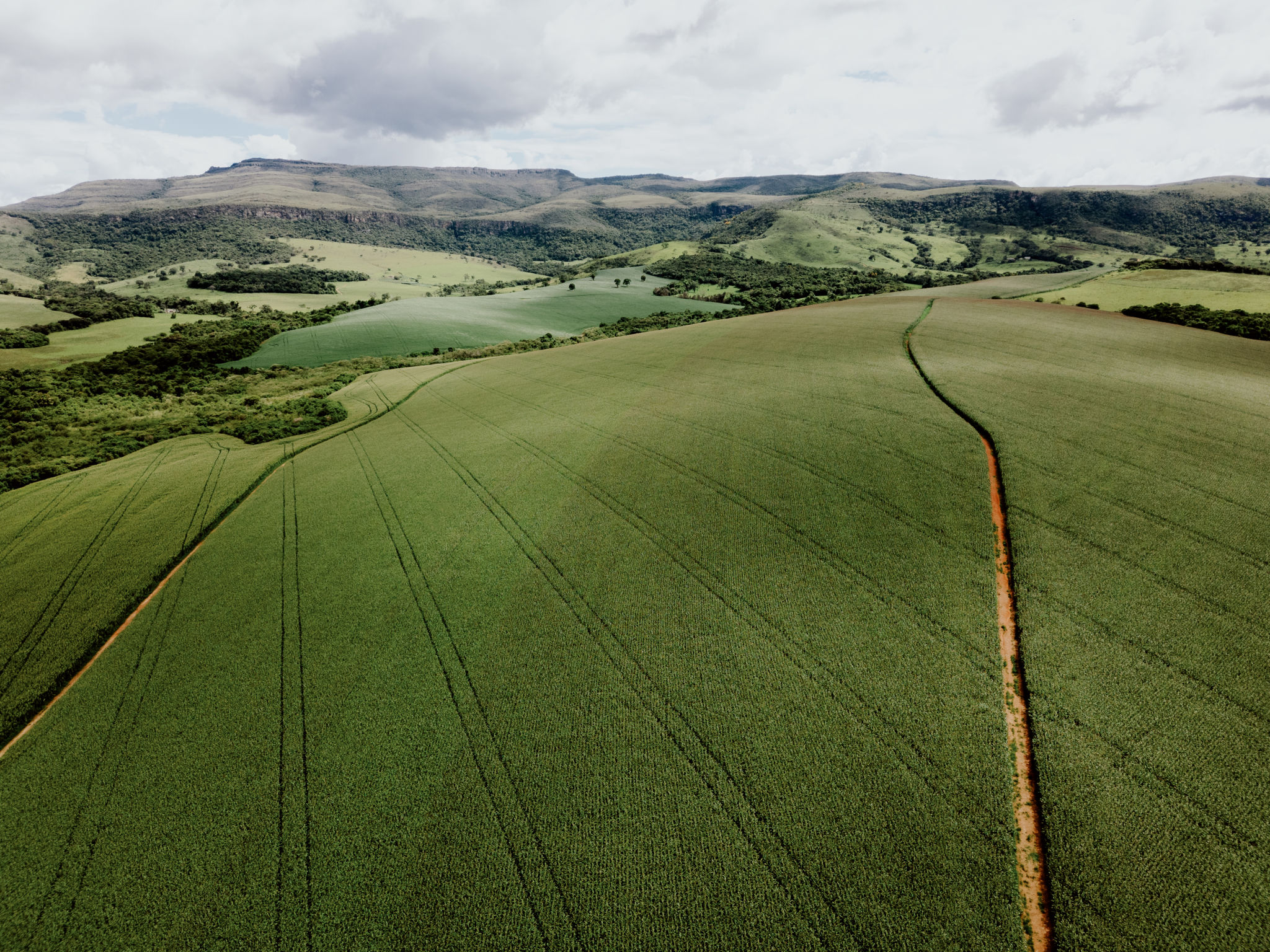How AI is Revolutionizing Sustainable Farming for Common Indians
Introduction to AI in Sustainable Farming
In recent years, artificial intelligence (AI) has emerged as a powerful tool in transforming various industries, including agriculture. For the common Indian farmer, AI offers promising solutions to age-old challenges by enhancing productivity, reducing resource consumption, and fostering sustainable practices.

Precision Agriculture: A Game Changer
Precision agriculture is one of the significant advancements brought about by AI. It involves using data analytics, sensors, and satellite imagery to monitor crop health and soil conditions. This technology allows farmers to apply the right amount of water, fertilizers, and pesticides at precise times, reducing waste and improving yields.
By analyzing weather patterns and soil data, AI can help farmers make informed decisions, leading to better crop management and increased efficiency. This is particularly valuable in India, where diverse climatic conditions and soil types pose unique challenges.
AI-Powered Drones and Robotics
Drones equipped with AI technology are revolutionizing farming by offering aerial views of fields, helping farmers detect issues like pest infestations or water stress early. These drones can cover large areas quickly, providing real-time data that would be challenging to gather manually.

Additionally, AI-driven robotics can automate tasks such as planting, weeding, and harvesting. This is particularly beneficial in regions facing labor shortages, ensuring that farms continue to operate efficiently without relying heavily on manual labor.
Enhancing Livestock Management
AI is not limited to crop farming; it is also enhancing livestock management. Smart sensors and wearable devices can monitor animal health, track movements, and detect signs of illness early. This proactive approach helps farmers maintain healthy livestock and improve productivity.
By using AI tools, farmers can optimize feeding schedules and breeding programs, leading to healthier animals and more efficient resource use.

Overcoming Challenges and Adoption
Despite the benefits, there are challenges in adopting AI in farming, particularly for small-scale farmers. The cost of technology, lack of awareness, and limited access to infrastructure can hinder widespread adoption.
However, government initiatives and partnerships with tech companies are helping to bridge these gaps. Subsidies, training programs, and affordable technology solutions are making AI more accessible to common Indian farmers.
Conclusion: A Sustainable Future
AI is paving the way for a sustainable future in Indian agriculture. By improving efficiency and reducing environmental impact, AI technologies are helping farmers grow more with less. As these technologies continue to evolve, they hold the promise of transforming agriculture into a more sustainable and prosperous sector for India.
